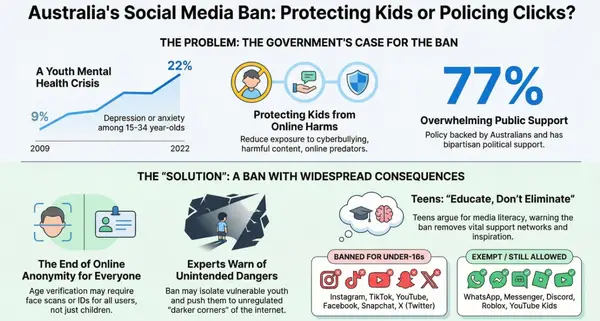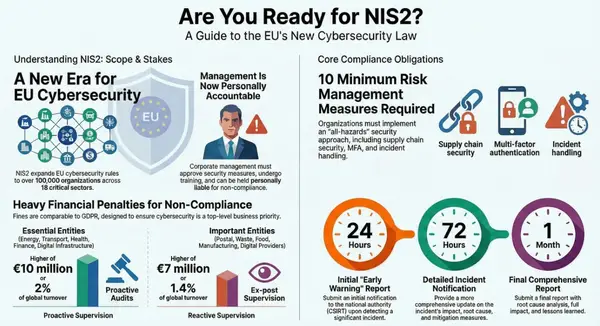Texas Secures $1.4 Billion Settlement with Google Over Privacy Violations

In a landmark legal victory for digital privacy rights, Texas will collect $1.4 billion from Google as part of a settlement over claims the tech giant illegally gathered user information without permission. Texas Attorney General Ken Paxton announced the agreement on Friday, May 9, describing it as a "historic win" for Texans' data privacy and security rights.
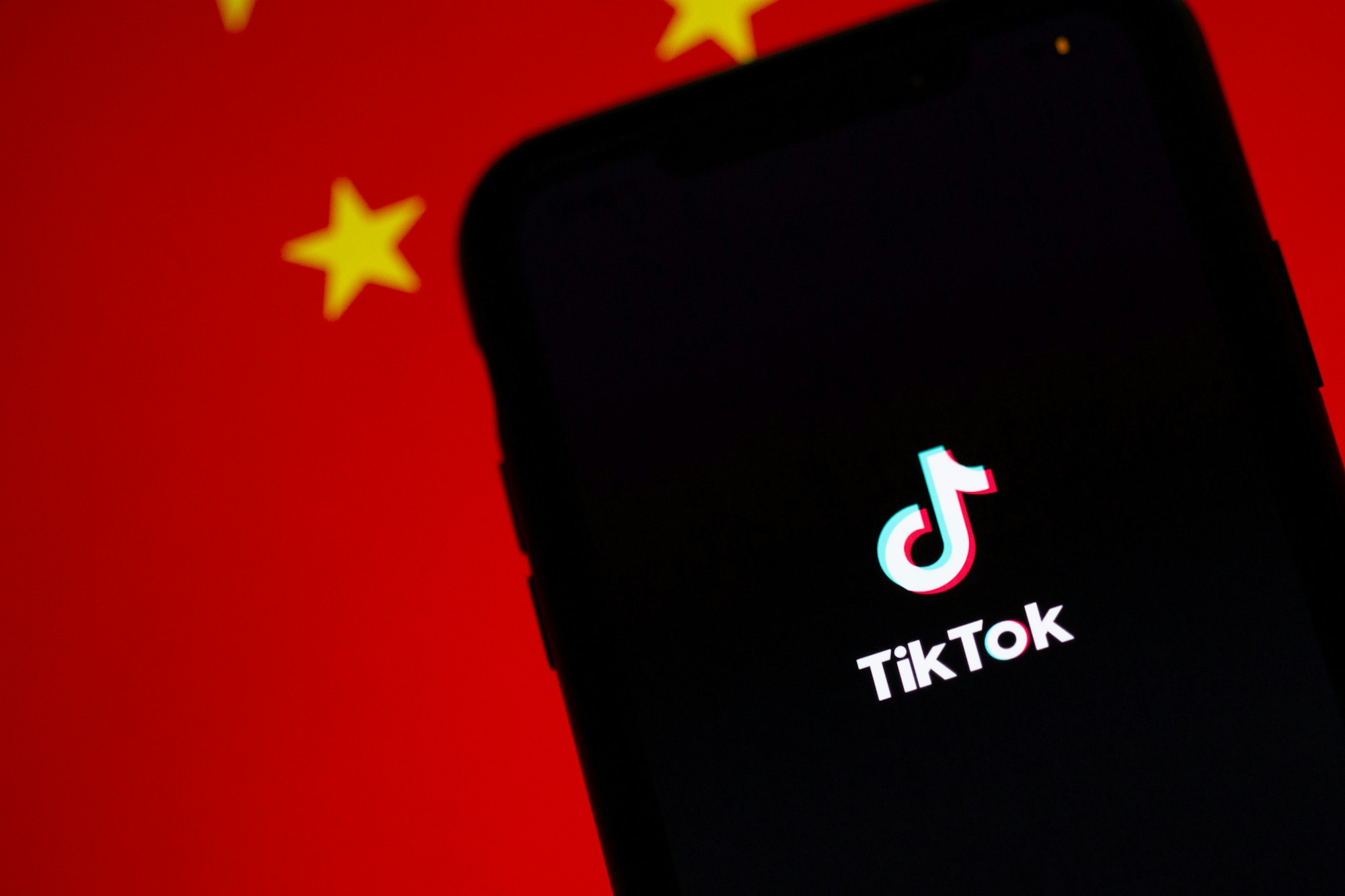
The Settlement Details
The $1.375 billion settlement resolves two separate lawsuits filed by the Texas Attorney General's Office in 2022. The lawsuits alleged that Google violated Texas consumer protection laws by unlawfully tracking and collecting users' private data in three key areas:
- Geolocation tracking: Google allegedly tracked users' locations even when they thought they had disabled the feature
- Incognito mode deception: Claims that Google misled users about the Chrome browser's Incognito mode, which is meant to provide private browsing
- Biometric data collection: Accusations that Google collected records of Texans' face geometry and voiceprints without obtaining proper consent

Google spokesperson José Castañeda acknowledged the settlement but emphasized that the company did not admit any wrongdoing or liability. "This settles a raft of old claims, many of which have already been resolved elsewhere, concerning product policies we have long since changed," Castañeda stated. "We are pleased to put them behind us, and we will continue to build robust privacy controls into our services."
Notably, the settlement does not require Google to make any changes to its products. According to the company, all policy changes related to the allegations were previously announced or implemented.

Record-Breaking Legal Victory
The $1.4 billion settlement far surpasses any previous state's recovery against Google for similar violations. According to Paxton's office, no state has previously attained a settlement from Google for similar data-privacy violations greater than $93 million. Even a coalition that included forty states secured just $391 million—nearly a billion dollars less than Texas's recovery.
"In Texas, Big Tech is not above the law," Paxton declared in his statement. "For years, Google secretly tracked people's movements, private searches, and even their voiceprints and facial geometry through their products and services. I fought back and won. This $1.375 billion settlement is a major win for Texans' privacy and tells companies that they will pay for abusing our trust."
Third Settlement Between Texas and Google Since 2023
This marks the third significant legal settlement between Texas and Google since 2023, reinforcing the state's aggressive stance against what it perceives as overreach by technology companies:
- In December 2023, Google agreed to pay $700 million and make several concessions to settle allegations that it had been stifling competition against its Android app store
- Earlier in 2023, Google settled a deceptive advertising claim with Texas for $8 million
- The current $1.4 billion settlement for data privacy violations
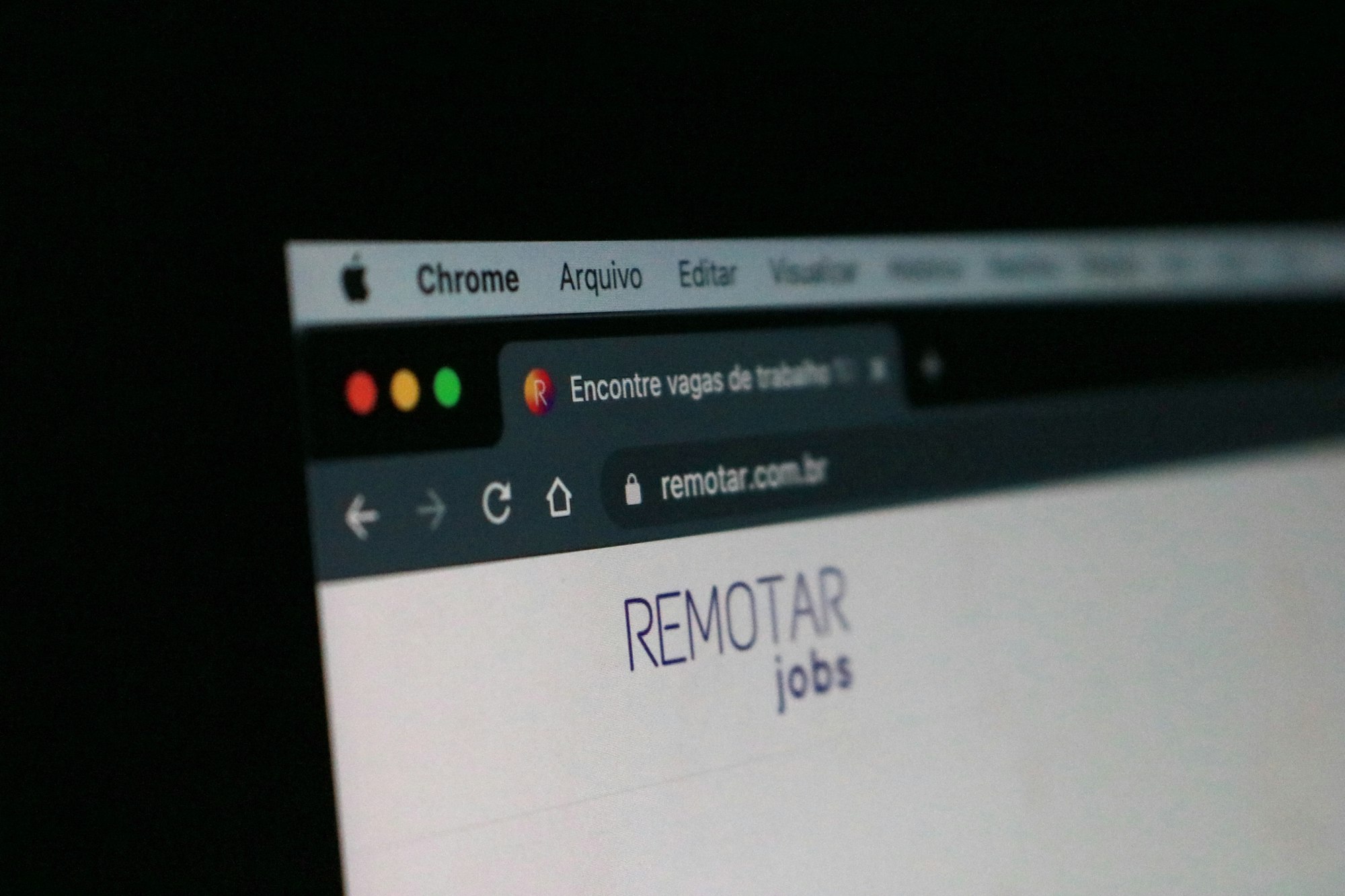
Meta's Similar Settlement in 2024
The Google settlement mirrors a similar victory Texas secured against Meta (formerly Facebook) in July 2024. In that case, Meta agreed to pay $1.4 billion to resolve claims of unauthorized use of biometric data belonging to Facebook and Instagram users.
That settlement—at the time the largest ever obtained from an action brought by a single state—came after Texas sued Meta in 2022 for allegedly running facial recognition software on virtually every face contained in photographs uploaded to Facebook without users' informed consent.
Legal Representation and Fees
In both cases against Google and Meta, the Texas Attorney General's Office hired outside law firms to represent the state. For the Google litigation, Paxton employed Norton Rose Fulbright, which had three contingent-fee contracts with the state. According to these contracts, the firm would be paid either its billable hours times a multiplier of four or a percentage of the total settlement (between 10% and 27%), whichever is less. If the maximum percentage is applied, Norton Rose Fulbright could receive up to $371 million from the settlement.
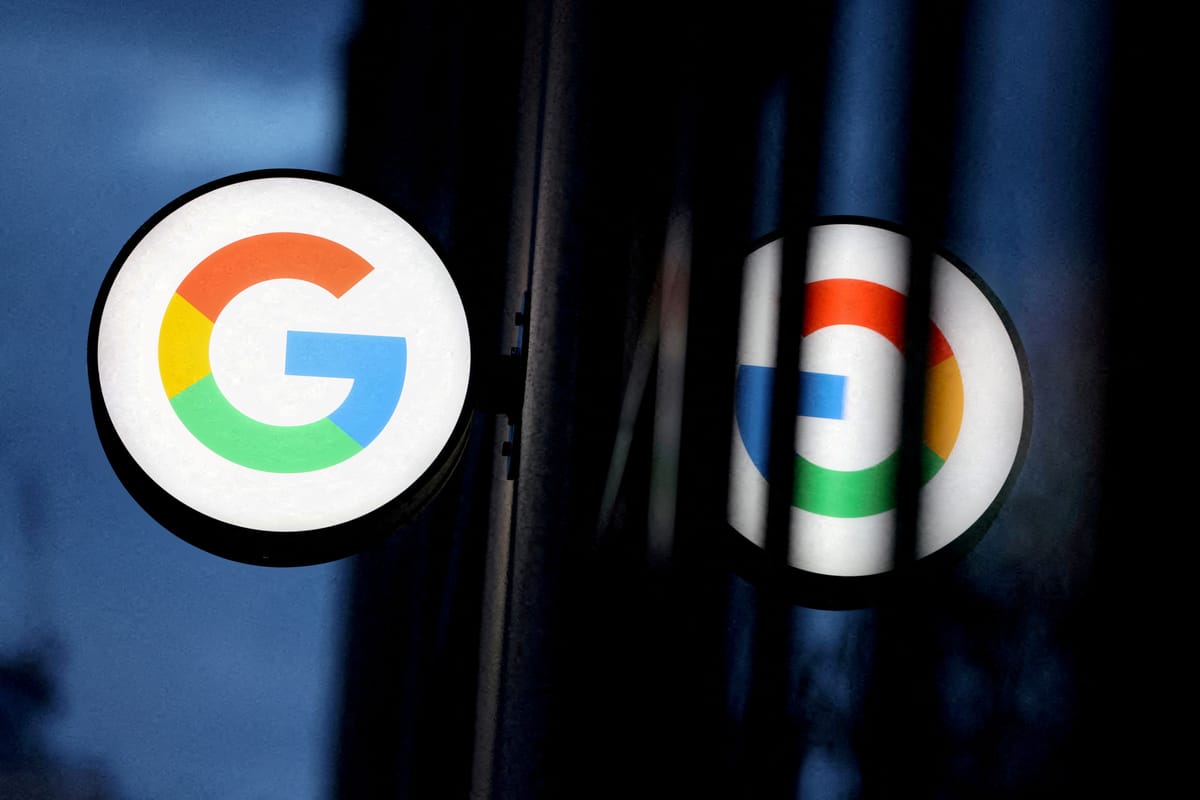
Impact and Future Implications
This settlement represents a significant milestone in state-led efforts to enforce data privacy laws against major technology companies. While the settlement does not require changes to Google's current products or practices, the substantial financial penalty sends a clear message about the potential consequences of privacy violations.
Attorney General Paxton has positioned Texas as a leader in this arena, having founded what his office describes as the largest data privacy and security initiative of any state. "I will always protect Texans by stopping Big Tech's attempts to make a profit by selling away our rights and freedoms," Paxton stated.
As technology companies continue to collect vast amounts of user data, this settlement may serve as a precedent for other states seeking to enforce privacy laws and secure financial compensation for their residents.
This article is based on information from official statements, news reports, and public records as of May 11, 2025.








